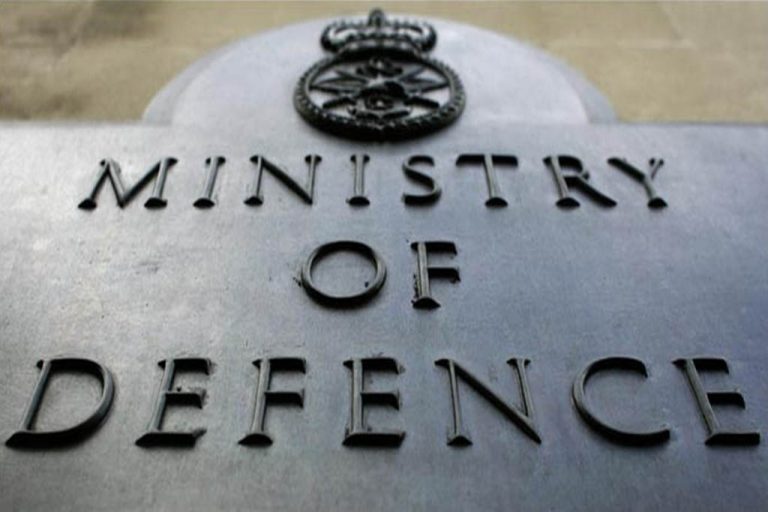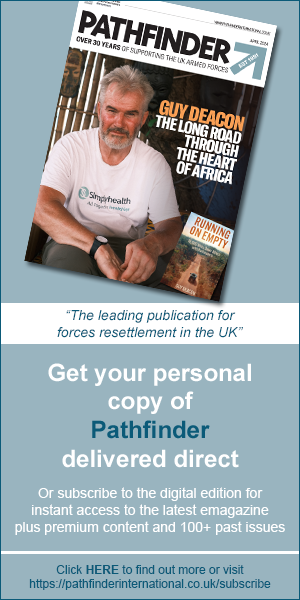In the last article, we looked at what you might need to be aware of when transitioning to the civilian work place. So moving on from that theme, let’s look at social media and what you might need to take into account when moving into the employment market…
Social Media is a modern phenomenon and we often use every day for work and leisure. Whilst it is a great way to stay in touch, share information, experiences and your thoughts with others, you need to remember that social media is a window to the world about you, your life and your personal thoughts. So, take time to consider some of the points below so that when looking for or in a job, you don’t fall foul of some of the mistakes others have made.
Visibility
The first simple thing you need to remember is that everything you do via social media is visible to someone. Even though that someone may not have a direct connection to you, it is highly likely they will still have visibility of what you are doing through another connection, either via a personal or professional association. If they do not, those that want to know about you have find ways of finding out through social media.
Being aware of this simple fact is essential as more and more employers are looking at social media as a means of checking or referencing potential candidates. Whether this is just reading the content of personal profiles or through searching images online, companies are looking at the image you portray, what you say and whether they want someone like you working for them. You therefore need to be careful about what you post, as drunken nights out, or inappropriate pictures and comments may not put you in the best light with potential employers.
Privacy
Privacy is considered a beast of the past and is something that most of the current generation (1990+) do not comprehend. This is why they regularly post very personal information, facts or images online without considering the impact on their personal and professional image. I am not saying this is wrong, but you need to remember that most of the employers and managers of the current workplace do not share this mentality and are less likely to be of the same generation.
They are more mature and have a different view of privacy. In simple terms, if you want to put stuff on line about you that you do not wish employers to see, consider the privacy settings available on your social media. Most, if not all social media sites offer levels of privacy to protect the user. I would therefore strongly advise you consider these as soon as possible.
Connections
I am not just talking about the people you connect with online, but about the connection between your different social media. It is often a big positive to have an integrated social media message or persona, combining blogs, professional profiles and more sociable, personal profiles as an online projection of you and your life. However, it may also be good to draw a line between your personal and your professional life. This may help ensure that any embarrassing or questionable comments or images do not come back to haunt you when looking for or in employment.
In the same light, consider who you are connected to and the image they portray online. They could also impact the opinion others have of you, so again it is best to consider privacy or visibility settings for your social media, and whether you can separate the professional and private persona effectively.
Responsibility
Not only do you need to take responsibility for what you post on your social media profiles, but you need to look beyond and ensure others are using images of you, quotes or information appropriately. Friends may post information about you and it is worth also advising them or helping them understand that certain information about you may hinder your chances of success. Take time to consider what is being posted about you and get friends on board.
Security
If you use social media, you need to take responsibility for your own security online. You need to think about sensible passwords, how often you check or post data and who may have access. The hacking of profiles is becoming more common. The damage can often be irreparable if malicious individuals or jokers use your profile to target others, gather information or seek to damage your reputation and credibility. Consider what you do and how you can protect yourself online in order to minimise these risks.
Spreading the Word – The World of Mouth
Remember that social media is not just a one way message, it is about multifaceted communication. A lot of companies misuse social media and use it in the traditional marketing way – to push a message. They simply create profiles, link ads, profile the brand, try to attract a following but largely push the message one way.
The individuals and companies that succeed in social media allow communication to be two way and understand that a message can be carried beyond the immediate network. Not only does this have a positive impact in terms of spreading the word or engaging with your customers, but it also has a dark side where those same users can do real damage.
The power of the crowd can be extremely damaging if inappropriate or unfortunate messages or images about you are distributed widely. Many a career has been destroyed by an email shared with the wrong person that has then become viral in an organisation and beyond. You therefore have little control over this happening, so be careful about who you engage with, who you share information with and always remember your own personal security.
Reliability
As with all information, you need to question the source and whether it is trustworthy. You not only need to consider this when linking to, featuring and tagging articles or data feeds, but also the impact this may have on you and your online image. If you regularly comment or feature items on your social media that could negatively impact your image, then take this into consideration. I am not saying you should stop being an online activist, or commenting on particular causes that you support or are close to your heart.
What I am saying is be careful what you post (remembering privacy settings) but also make sure you post information that is accurate, trustworthy and from a reliable source. That information could reflect on you both personally and professionally – so make sure it is right or at least credible.
Spur of the Moment
Be wary of posting comments or items on the spur of the moment. Your feelings of shock, indignation or sheer disgust at events or people around you may be justified and valid, but consider the impact this may have if you are visible to an employer or perhaps a recruiter. You have the right to say what you think, but it is within reason and you need to consider both the impact and the words you use.
It is best to avoid inflammatory comments or rhetoric that could mar your image or your professional persona. Although I understand the need to vent your frustrations and social media allows you to do so and to a captive audience, consider the effect this may have on you and how others may then perceive you as a result of these actions.
Your Employer
You also need to be aware that social media is often policed or prohibited in the workplace. I myself have been involved with writing social media policies, and whilst these have been around getting people to use it effectively, legally and understanding potential consequences, not all employers are so open minded or forward thinking. Some ban outright the use of social media in the workplace, restrict access and have draconian policies in place to control social media usage. It is therefore worth looking into this when you start and understand the policies before you start using social media at or during work.
In the same light, be aware that posting inflammatory or inappropriate remarks about your employer, their procedures or colleagues could get you into trouble. Social media can be monitored in the work place and rather than airing any grievances or whistleblowing via social media, it is best for you to read the company policies on both.
By doing so, you protect yourself and do the right thing, whereas the wrong way could lead to cases being raised against you for bringing the company into disrepute, bullying and harassment or revealing trade secrets/sensitive business information. These types of cases are becoming more common at tribunal, but the employer is often winning due to the lack of foresight by the employee. Understand the company policies before you say or do something via social media, as ignorance does not warrant a defence in court or otherwise.
So before you put anything out there in the ether, think about the points above. Protecting your image and personal brand is essential in today’s employment landscape. Not only can it impact you in terms of the recruitment process, but once you are on board, you need to be very careful about how you use it whether in work or at home. The only person responsible for your social media profile is you.
About The Author
Giles is an experienced HR and Recruitment professional. He started life as a recruitment consultant supporting a number of Blue Chip organisations, before joining IBM and developing his HR experience in a number of key roles. He has since worked for two global recruitment organisations in senior HR roles and is now an independent HR and Employment consultant. Giles has also provided CV writing, interview and network support to private and public sector clients for over a decade.






